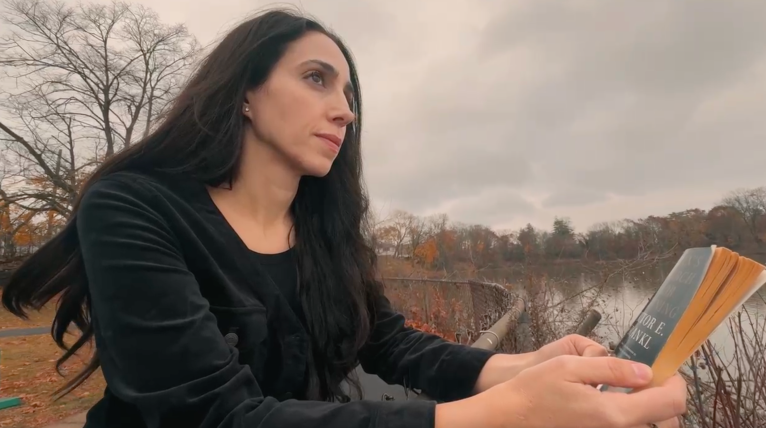
11 Ways To Find Your Purpose In Life
Do not rule out the possibility that your life’s intention is simply to be happy.
It serves well to remember how simultaneously insignificant and crucial we are. It’s a strange paradox to wrap our heads around, but I think it’s worth the effort. In the scheme of the universe, and whatever exists beyond what our minds can comprehend, we are tiny droplets in a vast ocean with no concern for our ripples. This can be comforting when things feel overwhelming.
On the other hand, we must maintain some sort of feeling of significance, or we run the risk of losing grasp of our purpose. What is our purpose? It’s really a personal thing, reconciling your time on this earth to something worthwhile. Maybe you’re meant to sing, or invent the next hot piece of technology, or be a friend to someone in need, or simply survive and tell your story. Or maybe your purpose is to chase sunsets or eat a burger from at least 20 different countries. To each his/her own. The ultimate key is balance. Balance between perspective and purpose.
1. Learn to distinguish between causes of irritation and anguish. Remember that chances are, in the scheme of things, the delay in your commute, the broken air conditioner in your office, and the daunting 12% of your cell phone battery remaining at 11:00 am are not all that terrible—annoying, for sure, but not terrible. After all, you have a means of transportation, a job, and a phone.
2. We don’t exist in a vacuum, and therefore, neither do our experiences. Relish the endless supply of stories around you. The beauty of perspective is that it’s personal and collective; the whole point, after all, is to remember that the view you have is not the only view in the world. Our lens is one of many vantage points, all revealing a different angle.
3. Perspective is an excellent tool to maintain equilibrium in your personal life and awareness of your position in the world. At the risk of creating a “grief hierarchy,” some people simply have it far worse than others. Remind yourself of this when needed. Reflect on what your life offers you—it will act as catalyst to both gratitude and compassion.
4. In acknowledging the roots of your own perspective, you recognize the existence of others, and you free the lines of communication from the clutter of stubbornness and tunnel vision. When caught up in the intensity of our own feelings, we often forget that others may be feeling something entirely different, but as intensely, and perhaps as warranted. In acknowledging and assessing the roots of your perspective, you ensure that they do not chain you to a narrow mind, but serve as an anchor to the context of your experiences.
5. Not every purpose is awe-inspiring; not every achievement will be lauded by others. We cannot all be famous, rich, or revered. Nor do we all wish to be, I imagine. And anyway, small things are big things if you love them like it.
6. Do not be discouraged by an apparent lack of purpose. Purpose is best found over time. The longer your journey, the more intricate your evolution. As I write this now, I’m not certain that I know what my purpose is. In learning other things about myself, however, I have started to feel that I’m approaching discovery. Since the picture comes together slowly, I learn to appreciate each pigment of color I might otherwise never have noticed.
7. We should not make the mistake of assuming that our purpose will fall into our lap. I can imagine that countless people live and die without ever discovering what gave their life meaning, or perhaps, without ever having the chance to do so. Therefore, if you have the opportunity and ability to embark on the search, you should not squander the privilege.
8. Purpose can at times be frustratingly elusive… like trying to remember a dream; the harder you attempt to confine it to complete clarity, the more abstract a concept it becomes. Sometimes in trying to force it into the light, we inadvertently cast it in shadows.
9. In spite of this, be diligent in your pursuit of purpose; do not abandon the search. This probably requires a balance of proactivity—stimulating your mind, challenging your boundaries, exploring, exercising your creativity—and not over-thinking. Allow yourself to be drawn to what makes you happy; it’s not for nothing.
10. Do not rule out the possibility that your life’s intention is simply to be happy.
11. Keep an open mind. We all think we’re open-minded until we reach the edges of our comfort zone and start retreating, following the familiar paths of habit. Exploring new realms of experience broadens your opportunity for inspiration. You never know what glimmer of brilliance may strike you if you survey your surroundings with the expectation that every moment holds the potential for discovery. ![]()











